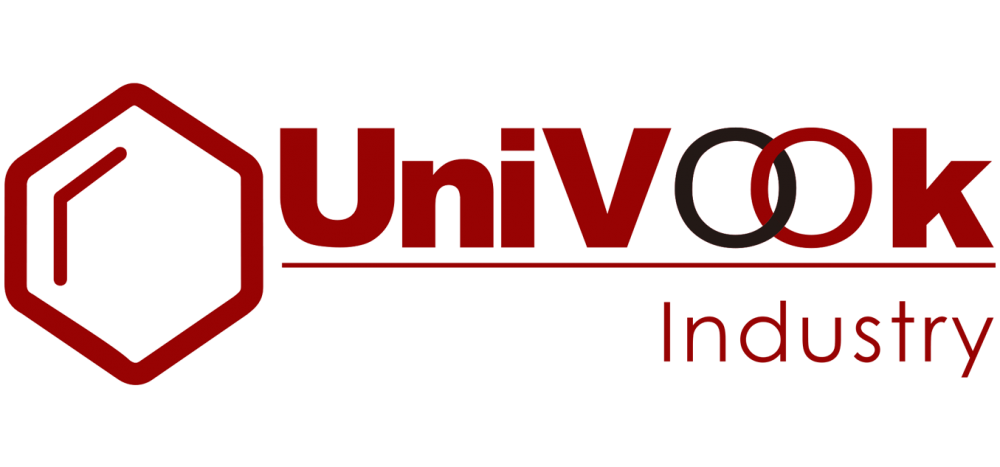CUSTOM MANUFACTURING
有限公司.jpg)
Contact Our Product Manager:
- Phone:+86 (0)21 6536 5235
- Contact: Send E-Mail
Phenol Yellowing(BHT) Inhibitor, LUTAS MGB
Anti-yellowing agent
As textiles are gradually exposed to external environments such as light, pollutants and climate change during use, the color and appearance of fabrics are prone to changes. One common problem is insufficient anti-phenolic yellow performance. Phenol yellowing(BHT) inhibitor emerged at the historic moment and became important additives in textile processing.
Mechanism
Anti-phenol yellowing agent is a type of additive that can improve the resistance of fiber materials to ultraviolet radiation, resist atmospheric pollution and slow down the yellowing of fabrics. They can effectively prevent or slow down the damage of pigments in fiber materials by ultraviolet radiation, reduce the damage of air pollution to fiber color, and delay the yellowing of fabrics.
Application
Anti-phenol yellowing agents are widely used in textile production, especially in outdoor, sports, protection and other fields. It is mainly used in cotton, linen, wool, polyester and other fibers. Through dipping, coating, spraying, etc., the anti-phenol yellowing agent is evenly covered on the fiber surface to form a protective film and improve the light resistance and oxidation resistance of the fiber material. sex Advantages of Anti-Phenolic Yellowing Agents Improve product stability: The use of anti-phenol yellowing agents can improve the stability of fiber materials, delay the change of fabric color, and make it more durable. Improve fiber properties: Anti-phenol yellowing agents can not only improve the UV resistance of fibers, but also help improve the anti-aging properties of fibers and extend the service life of fibers. Expand application fields: The use of anti-phenol yellowing agents makes textiles more suitable for special environments such as outdoor, sports, and protection, and expands the application fields of fiber materials.
Features and Advantages of Phenol Yellowing (BHT) Inhibitor Lutas MGB:
Lutas MGB, a Phenol Yellowing(BHT) Inhibitor, is specifically formulated for various nylon and nylon-blend fabrics that include elastic fibers. Its primary function is to counteract the yellowing effect induced by BHT (2,6-dibutyl-hydroxy-toluene). BHT is commonly employed as an antioxidant in plastic bags, and items, especially white or light-colored clothes, can develop a yellow tint when stored in such bags.
Lutas MGB, thePhenol Yellowing(BHT) Inhibitor, exhibits a mildly acidic nature. This characteristic ensures that, even with a significant amount added, the pH of the treated fabric’s solution system remains within the optimal range of 5-7. This feature underscores the inhibitor’s compatibility with various fabric treatment processes, providing effective yellowing prevention while maintaining the desired pH levels for fabric integrity.
Lutas MGB, the low-foam Phenol Yellowing(BHT) Inhibitor, is well-suited for a diverse range of high-turbulence machines. Its low-foaming characteristics make it an ideal choice for use in machinery with high turbulence.
Find more solutions from UniVOOK Chemical for your textile dyeing and finishing process: Meta-aramid Fibres Dyeing Carrier
Polyamide fibers containing elastic fibers and blends;
120kg/drum; 1000kg/IBC drum;
For more details and safety recommendations regarding the use of the product, please consult our Material Safety Data Sheet (MSDS), or Contact With our Product Manager.




